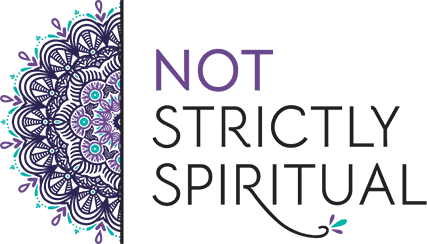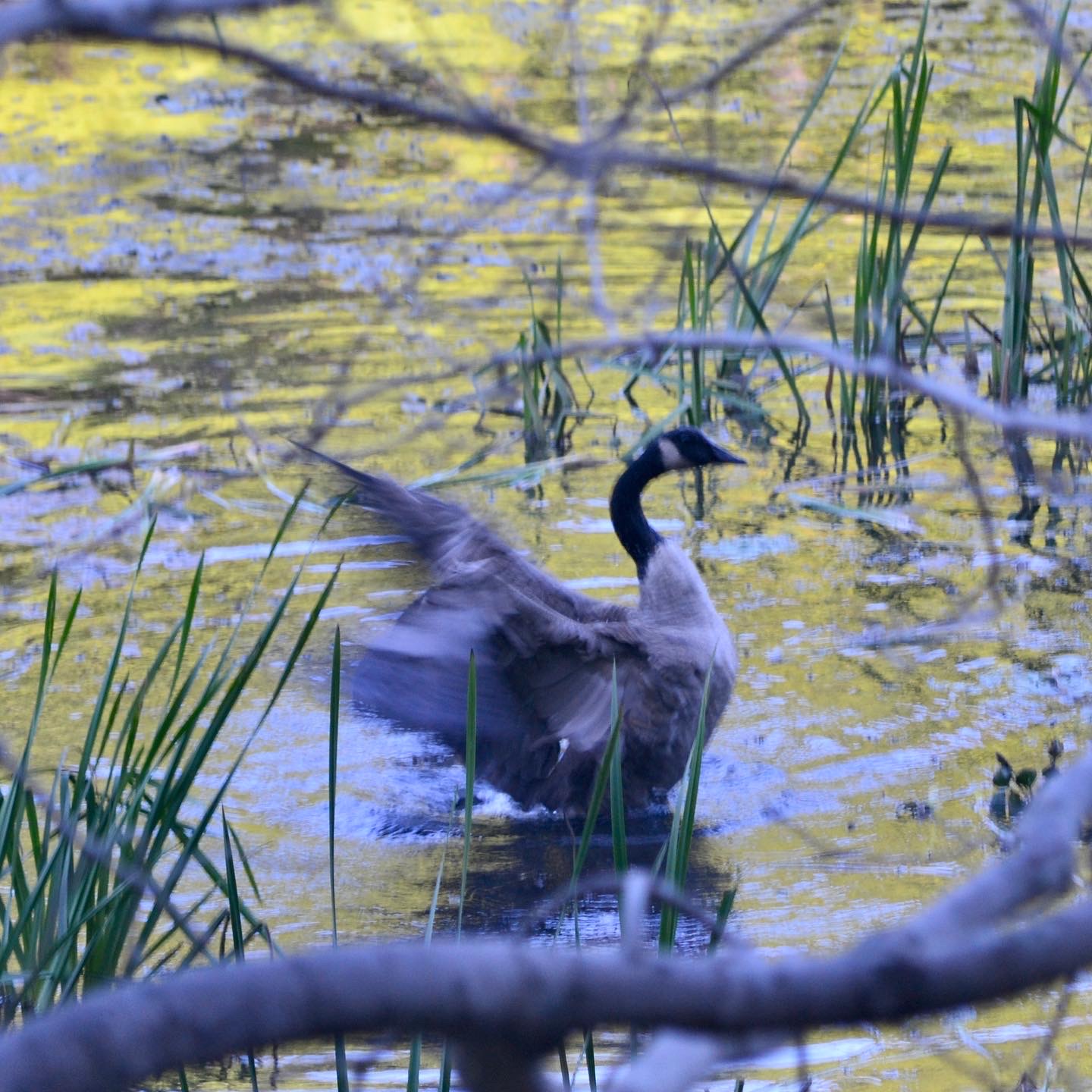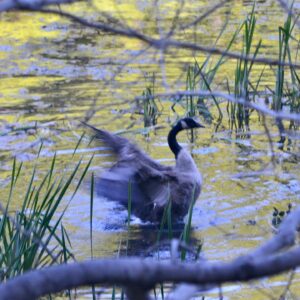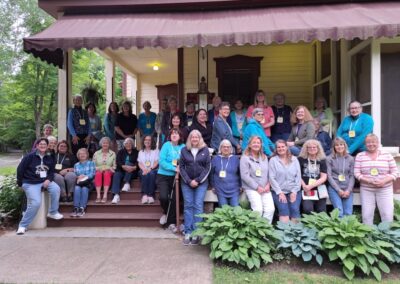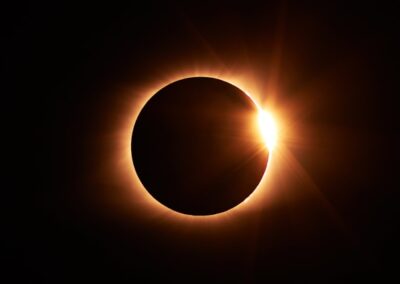When I first saw the wild geese standing outside the window of the conference room where I was leading a retreat at beautiful Bon Secours Retreat Center in Marriottsville, Md., I couldn’t help but be charmed by them and their bold demeanor. As one particularly insistent goose stood just behind me on the other side of the glass, I felt as though I was living inside Mary Oliver’s poem “Wild Geese,” in which the “world calls to you like the wild geese — harsh and exciting.”

Photo by Tina Delaney
That night, however, around 3 a.m., the non-stop honking under my bedroom window made me feel less than smitten with these birds of a feather. When I returned to my retreat group in the morning, I jokingly asked: “Do we still like the geese?” Throughout the next two days, our geese came by regularly to add a comment or two to my presentations. At one point when I was trying to focus on the importance of silence in our spiritual lives, the geese were so loud that I could not speak over them, and our group could not stop laughing. It was time to see what these geese were trying to teach me, and it didn’t take long to figure out.
In Celtic spirituality, the Holy Spirit is seen not as a peaceful dove but as a wild goose — loud, sometimes unwelcome, insistent, unsettling. So often we wait for the Spirit to show up in our life in a way that feels comfortable and appropriately holy, the “still, small voice” we hear of in Scripture. We don’t necessarily want the Spirit to camp out under our figurative window honking and hollering and demanding we pay attention when all we want to do is stay asleep.
On Pentecost, we hear in the first reading from the Acts of the Apostles: “And suddenly there came from the sky a noise like a strong driving wind, and it filled the entire house in which they were. Then there appeared to them tongues as of fire, which parted and came to rest on each one of them.”
The Spirit that descends in the upper room was not tame or controllable. It was unpredictable, maybe even scary. This version of the Spirit comes at us with so much spiritual force we might run in the other direction or duck and cover, but that would be to miss out on so much wonder and possibility. Imagine if Mary and the Apostles had closed themselves off to the Spirit that day. Where would we be if they had folded their arms against the gift and waited for something more reasonable? How often do we do just that, push away the loud and insistent call of the Holy Spirit because we don’t like the message or the delivery?
This week, as we celebrate the arrival of the Holy Spirit — the Advocate that Jesus promised would stay with us here on earth — can we open ourselves up to Spirit any way it chooses to show up, whether it’s a still, small voice that gently beckons us or a driving wind that threatens to pull the door of our life off its hinges? Can we, like our Celtic forebears in faith, recognize that the Holy Spirit is not likely to uphold the status quo in our lives but rather disrupt our sleep, disturb our thoughts, and redirect our paths in ways that might not be neat or comfortable but will surely bring us closer to our own version of the upper room?
On the last night of retreat, all was quiet in my room. No honking, no disruption. I had to admit that when I woke up the next morning and didn’t find my goose on the ledge outside my window, I was disappointed, but maybe the point had been made. And maybe I will be ready for the next Wild Goose chase that jolts me from my spiritual slumber and upsets my carefully laid out plans. Will you?
This column originally appeared in the May 15, 2024 issue of The Evangelist.
LISTEN: Wild Geese, read by Mary Oliver
